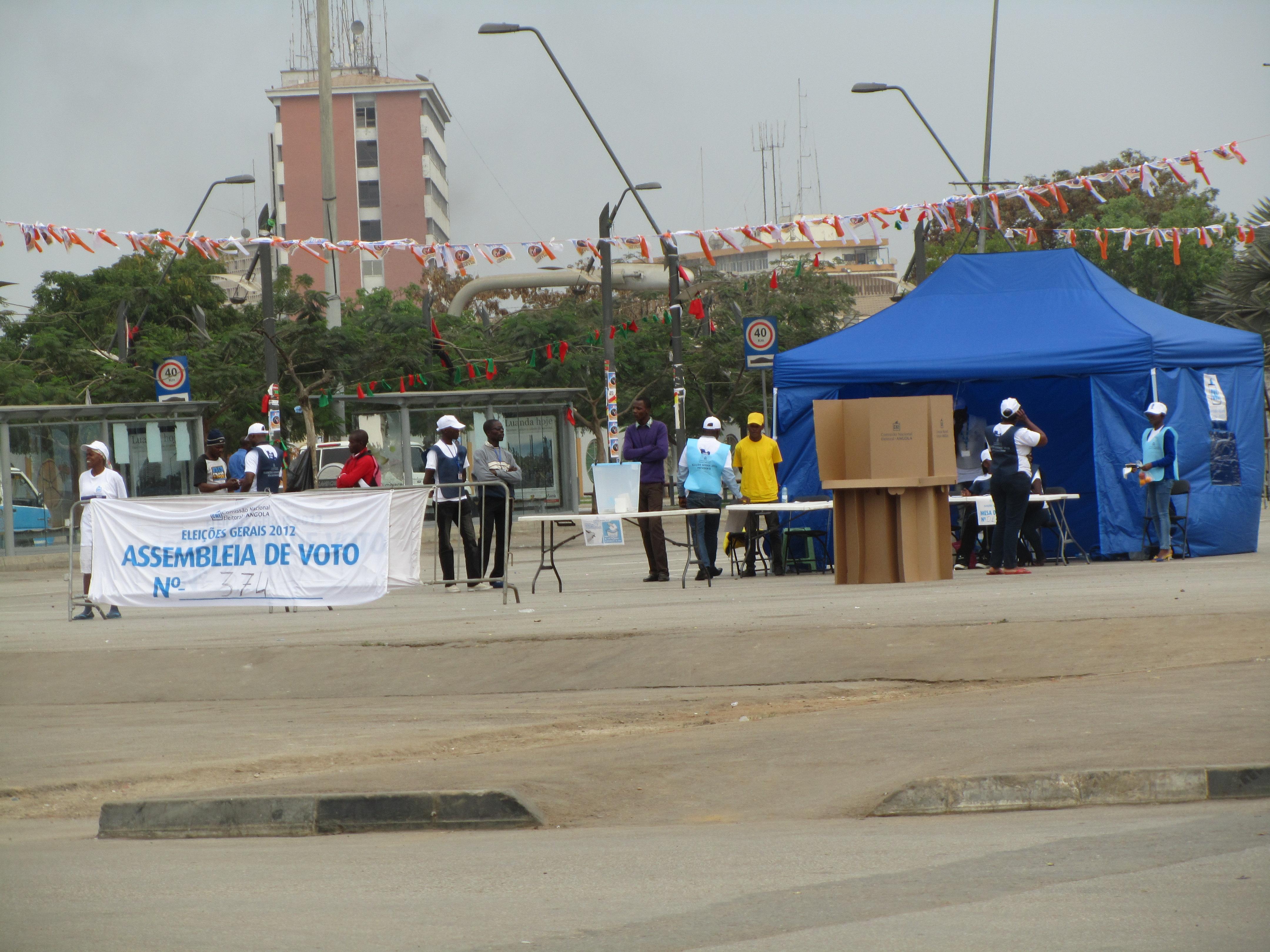Famine in Eastern Africa – Could the international relief system could have done better? – A response to Richard Dowden by John Seaman
As Richard Dowden says, drought does not necessarily lead to famine. Famine occurs when politics obstructs people’s own capacity to manage local shortage by movement and trade, or leads to a failure to provide the necessary external assistance. In Somalia, where there is war, large areas are controlled by al-Shabaab, western donors are reluctant to supply aid for fear that this may strengthen al-Shabaab and the Ethiopian Government has closed the Ogaden. It would therefore be expected that both people’s ability to cope with crisis and the provision of aid would be compromised. However, tempting as it is to attribute famine to political factors alone the question remains as to whether the international relief system could have done better. In recent years famine has also occurred in Niger and in Malawi under conditions where there were much lesser political and operational constraints.
By John Seaman, Evidence for Development
The question revolves around the problem of early warning.
There is now huge experience of the requirements for effective early warning. This experience suggests that an effective early warning system must be capable of convincing – often non-technical – donors that providing aid is the best course of action. This requires a clear narrative which connects cause and impact and a quantitative estimate of needs i.e. drought will impact this proportion (typically the poorest) of the population in this place for these reasons. A a consequence of this, the affected group will require this much food (it is rare for people to have no income even in drought); they will need food by this time (famine tends to be seasonal) and these are the likely consequences (migration, death) if aid is not provided. Statements such as the need for ‘massive aid’ or that 10 million people are ‘at risk of starvation’ are operationally meaningless.
Systems which can meet these requirements, and have now been widely adopted by Governments in southern Africa and elsewhere, use a modelling technique based on a detailed understanding of household economy and have regularly proved effective e.g. in heading off famine in Malawi in 2005/ 2006. The Somalia assessments are based on the ‘Integrated Phase Classification’ (IPC) – a so called ‘indicator system’ – which describes current conditions but does not provide a logical basis for prediction or provide the operational detail required. The IPC classifies situations e.g. (‘ Acute Food and Livelihood Crisis’; ‘Humanitarian Emergency ‘) as these deteriorate and up to the point of famine, defined as a situation where 30% of children are suffering from severe acute malnutrition; at least 20% of households face extreme food shortages with limited ability to cope and crude death rates exceeding 2/10,000/day. These thresholds are far from universally accepted, and many find them unacceptable e.g. does it mean that the (disgraceful) situation where 28% of children are malnourished is not a famine?
In March 2011 the UN early warning system the Food Security and Nutrition Assessment Unit (FSNAU) issued a report (Food Security and Nutrition Analysis Post Deyr 2010/11 Technical Series Report No VI. 36 March 4, 2011) describing appalling conditions in parts of southern Somalia (duly classified by the IPC as ’emergency’) and detailing the numbers of people in need of aid, but made no clear projection. FEWSNET also issued reports describing worsening conditions and attempted a limited projection, but did not provide the detail required.
The first UN appeal appears to have been in July and to have been a declaration of famine.
This not an arcane methodological point. It marks a distinction between a view of famine as an occasional, now largely avoidable consequence of drought, price and other ‘shocks.’ This is the view that, in general, the real purpose of early warning is not to avoid starvation, but to pre-empt famine by maintaining supply and price conditions so that people do not have to destitute themselves to get food. The view still current in humanitarian circles is that famine is an unavoidable outcome of poverty and war, and that the technical job is to spot it when it occurs, launch appeals and provide food aid and other humanitarian relief.
In the Somalia case it seems unlikely that the current crisis could have been entirely avoided. However, a clear prediction in March of how events were likely to unfold would at the least have allowed much more time for preparation.
John Seaman, Evidence for Development







… [Trackback]…
[…] Read More: africanarguments.org/2011/08/03/famine-in-eastern-africa-could-the-international-relief-system-could-have-done-better-–-a-response-to-richard-dowden-by-john-seaman-evidence-for-development/ […]…